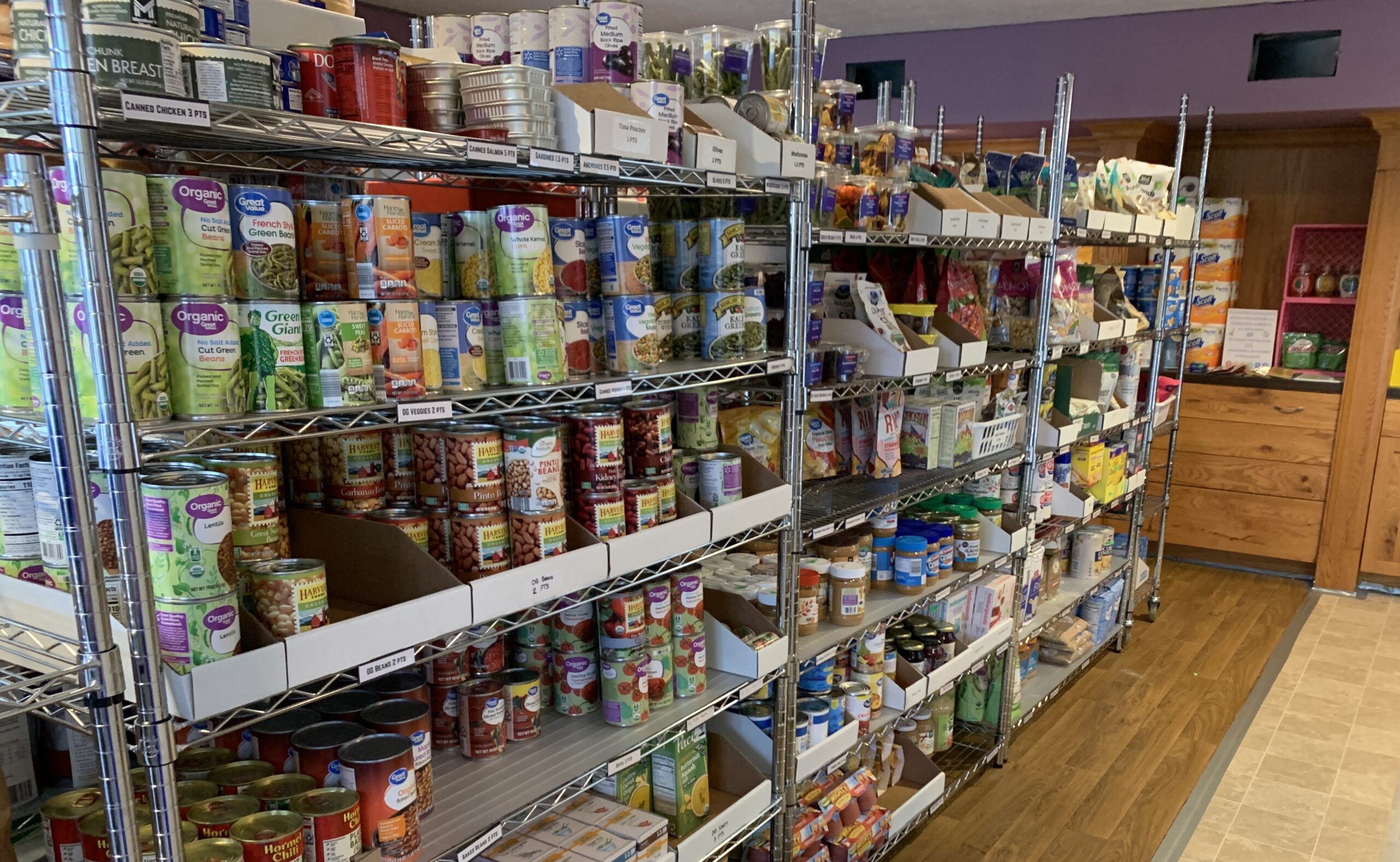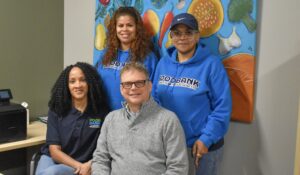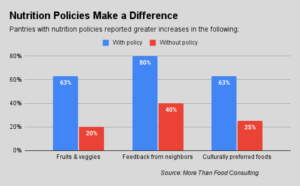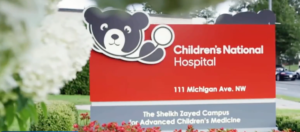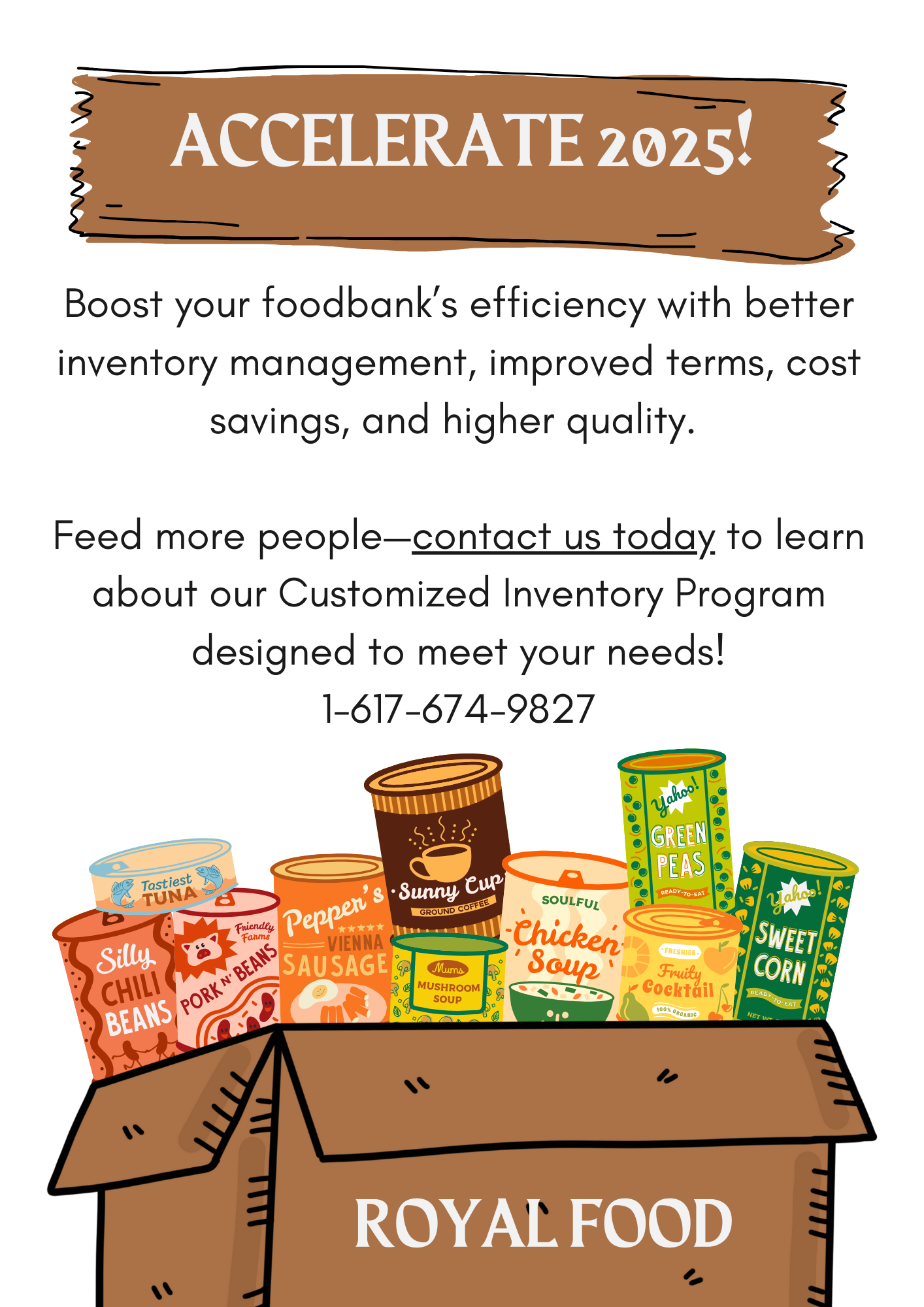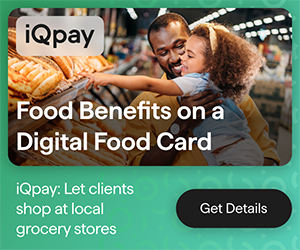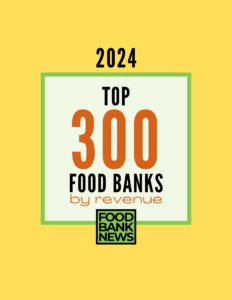When Beacon of Hope of Marshall, N.C., first got into Food is Medicine, it started small, providing food to a handful of clients on a weekly basis. Now it is serving nearly 100 clients, and sees the possibility of serving thousands.
The organization’s journey into Food is Medicine paints a picture of high demand for nutritious food in a state that has championed using non-medical interventions like food, housing and transportation to bring down its healthcare costs. North Carolina’s Medicaid 1115 waiver authorizes the state to spend up to $650 million over five years on non-medical services to improve public health.
Beacon of Hope has gamely stepped up to all of the challenges and opportunities involved in taking advantage of the Medicaid funding. It has added automation and staff to meet the growing demand, and sees the possibility of nutrition assistance becoming a fundamental part of healthcare.

“If I had a magical space with a giant parking lot and a loading dock, I could see us helping most of the county,” said Ashley Kurschner, Program Manager of the Healthy Opportunities Pilot program at Beacon of Hope. She noted that the surrounding county is a poor one. “I could easily see there being thousands of people who are eligible.”
Even with only about 100 clients currently, the amount of money going through North Carolina’s Healthy Opportunities Pilot into the program is significant. Beacon of Hope is spending about $40,000 a month on food, all of which is reimbursed through the state’s pilot program. According to the most recent Healthy Opportunities Pilot fee schedule, a large healthy food box that is picked up by a client gets reimbursed at a rate of $169.01, which covers the cost of the food, plus overhead expenses. Currently, Beacon of Hope is in the process of hiring additional staff to support its program.
Kurschner called reimbursement “probably the least fun part of the process.” Beacon of Hope submits an invoice each time a family shops, which amounts to about 90 invoices per week. It also submits monthly invoices for those receiving fruit and vegetable prescriptions, which are reimbursed by up to $248.43 a month, according to the fee schedule. ImpactHealth, a nonprofit formed to support rollout of the state’s Healthy Opportunities Pilot, checks the invoices before sending them along to payers. Sometimes the invoices are accepted and paid for within the week, and other times it takes a few weeks before they are accepted and paid, Kurschner said.
In the early days of taking advantage of North Carolina’s Healthy Opportunities Pilot, Beacon of Hope, which serves about 1,000 people a month through food assistance and a thrift store, had four to five clients for Food is Medicine. It met their needs in a very customized way, with Kurschner calling or texting each one to get their shopping requests, and then shopping on their behalf at a local grocery about twenty minutes away. People get referred to the program by their doctors, who screen patients for food insecurity.
At about ten clients, the one-on-one approach was no longer sustainable. The pantry added volunteers to help with the shopping, as well as automation through a Google form that let clients place their grocery orders online, a set-up that lasted until about 22 clients. Throughout this time, clients were coming into Beacon of Hope’s pantry to pick up their customized orders, a process that quickly tapped out space at the pantry.
When the time came to make the next leap to handle additional volume, Kurschner was clear about her priorities. She knew from the early days of working with a small number of clients that having a lot of choice was paramount. “Other places do pre-packed boxes, but I couldn’t accept that after shopping for different people and seeing that their needs were so different,” she said.
Now, Beacon of Hope has an online store powered by SmartChoice, as well as an in-person store, both of which let people choose their food from a selection of healthy items. Beacon of Hope was able to rent additional space about two miles away from its original location, creating the free grocery store where referred clients can shop at scheduled times, as well as a pickup place for those who order online.
The SmartChoice system greatly expands Beacon of Hope’s capacity. Clients get the same level of choice as they would from in-person shopping, but it requires less space and time to have people pick up their orders versus shop. In addition, reporting makes it easy to track spending and inventory.
Initially, Kurschner thought it might be most efficient to have everyone place their orders online and pick them up since most people who try online ordering like it and stick with it, she noted. At the same time, however, there are those who really enjoy coming in to shop. “Some people just need that moment of connection,” she said.
Whether in person or online, clients are nudged toward healthier choices via a point-based system that encourages healthier food choices. Additionally through SmartChoice, shoppers choosing certain items can receive messaging that encourages them to choose healthier versions of the item, thus saving points.
In Kurschner’s experience, exposure to healthier options is causing more people to choose them. Back when the program had less than 25 clients, Beacon of Hope was purchasing multiple cases of canned vegetables a week, Kurschner said. Now with nearly 100 clients, it is buying cases maybe monthly, as people are opting for more fresh or frozen produce. “The longer the program goes on, the more we see people taking fresh food over canned,” she said.
Kurschner advised organizations that are interested in getting into Food is Medicine to think bigger in the beginning. “What things look like for five clients versus 12 versus 45 is so different,” she said. “You want to think ahead and move towards working like that so that when you’re at that scale, it’s not so different from what you are already doing.”
Kurschner is pleased that North Carolina’s Healthy Opportunities Pilot provides for a range of non-medical services. She relayed the story of one client who had trouble getting to her food pick-up appointments because her car was breaking down. The client feared being unable to get to work, which might cause her to lose her job and possibly her housing. Kurschner was able to get a referral from her care manager for car repairs.
“She literally told me that I saved her life,” Kurschner said, adding, “We have lots of tears here, usually happy tears.” – Chris Costanzo
PHOTO, TOP: Beacon of Hope’s free grocery store is available for clients of North Carolina’s Healthy Opportunities Pilot program who have been referred by their doctors.
